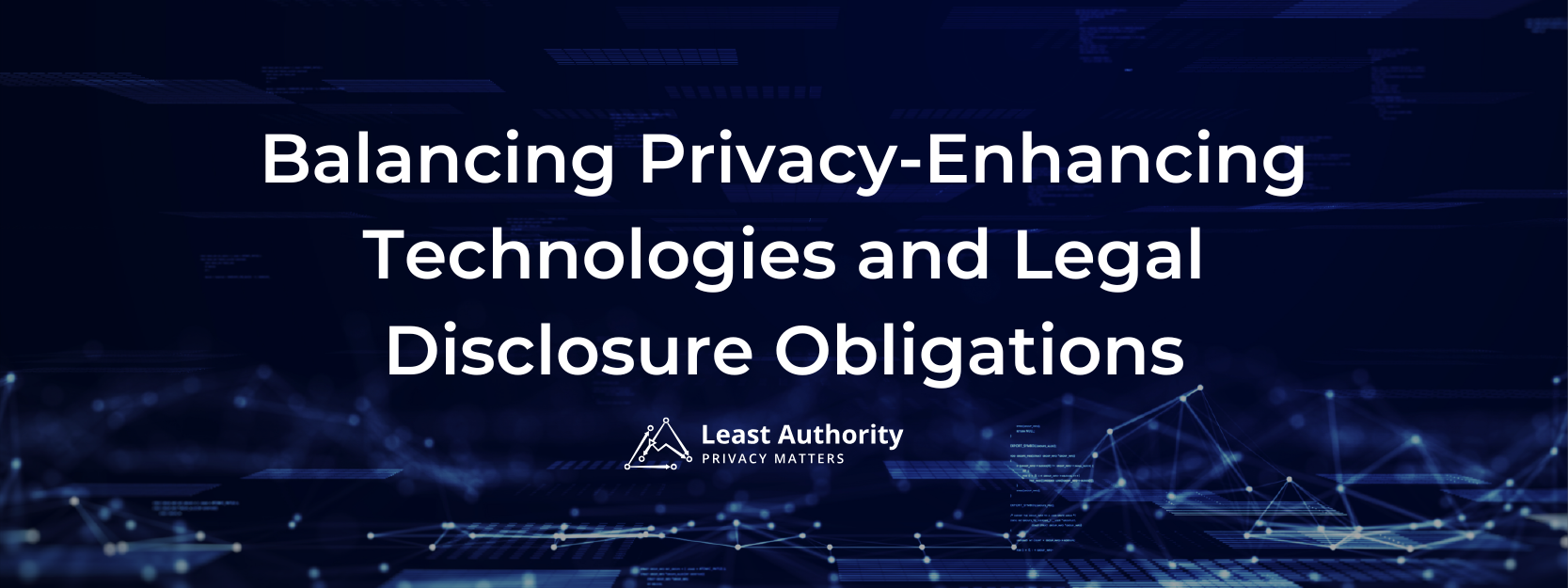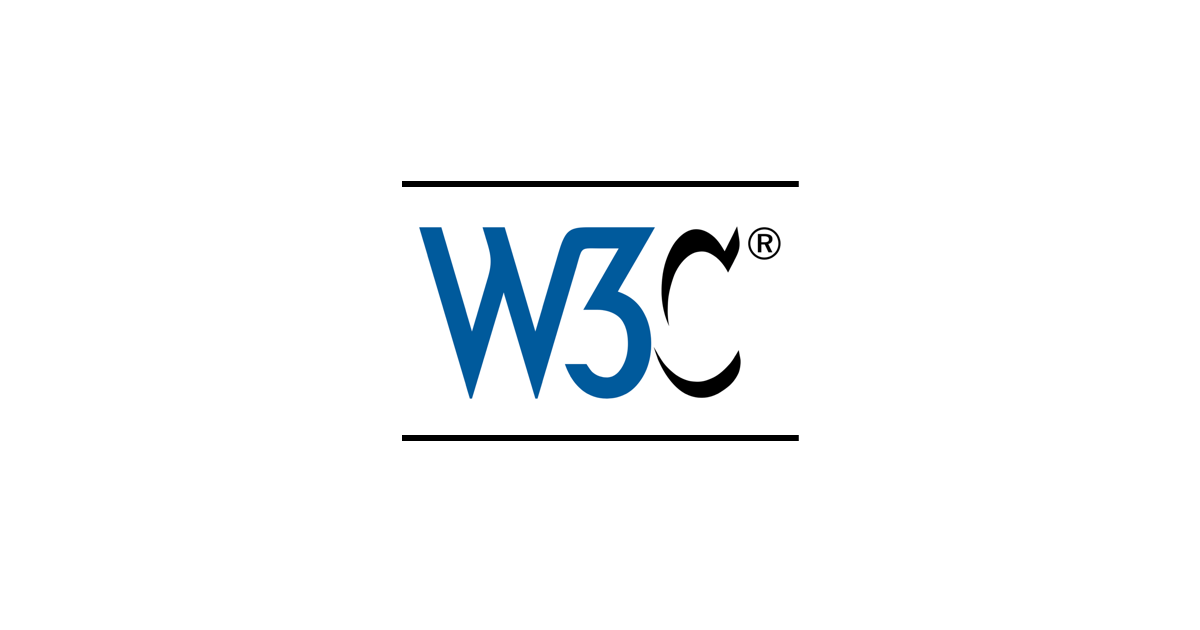Balancing Privacy-Enhancing Technologies and Legal Disclosure Obligations - Least Authority
Privacy-enhancing technologies, in particular Zero-Knowledge Proofs (ZKPs), can challenge, reinforce, or redefine these disclosure obligations.| Least Authority



